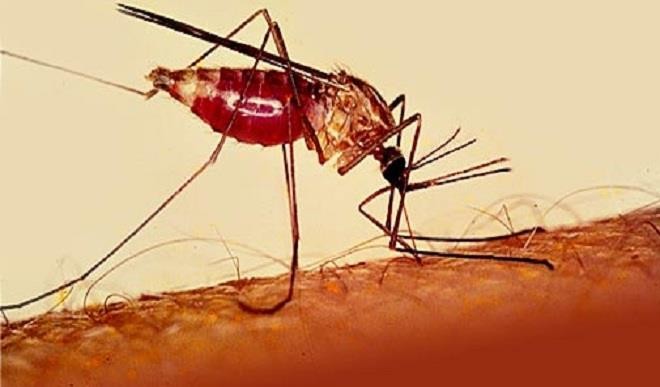The Support to National Malaria Programme – Phase II (SuNMaP 2) has partnered with the Federal Ministry of Health towards tackling malaria at the national level and in five northern states and Lagos.
SuNMaP 2 is a DFID funded bilateral programme implemented by Malaria Consortium, an international non-governmental organization , with the goal of supporting government’s efforts at reducing Nigeria’s malaria burden.
The programme partners key stakeholders to strengthen planning, financing and delivery of sustainable and replicable pro-poor services for malaria in the six supported states. The states are Jigawa, Katsina, Kano, Kaduna, Lagos and Yobe. It will be implemented from December 2018 to September 2023.
Speaking during the signing of the Memorandum of Understanding (MOU) between the two organizations yesterday in Abuja, Minister of Health, Prof Isaac Adewole said the MOU represented a new partnership supported by the United Kingdom government, adding that the federal government believes that implementing the agreement would help the country to fast-track the country’s malaria elimination plan.
He said: “We cannot do it alone. We are delighted that the United Kingdom government is providing support through DFID for this initiative. It is essentially going to be different because the bulk of the support is going to the technical area. It is like they are going to train us to work on our own.
“We believe that is where things should happen. Under the basic healthcare provision fund we will be treating malaria free and we will have to look for resources and this is like a game changer for the malaria war.”
The minister said that that the programme would support government in the area of planning, implementation , building capacity as well as scaling down to the states and local governments. “This will actually be in consonance with our own plan of actually mainstreaming malaria control and elimination at local government level,” he added.
Malaria Consortium’s West and Central Africa Programmes Director, Dr Kolawole Maxwell said capacity and information were required to tackle the increasing burden of malaria and to ensure evidence based service delivery.
He said there was need to strengthen the health systems to support whatever malaria services is being delivered to ensure success.

 Join Daily Trust WhatsApp Community For Quick Access To News and Happenings Around You.
Join Daily Trust WhatsApp Community For Quick Access To News and Happenings Around You.


